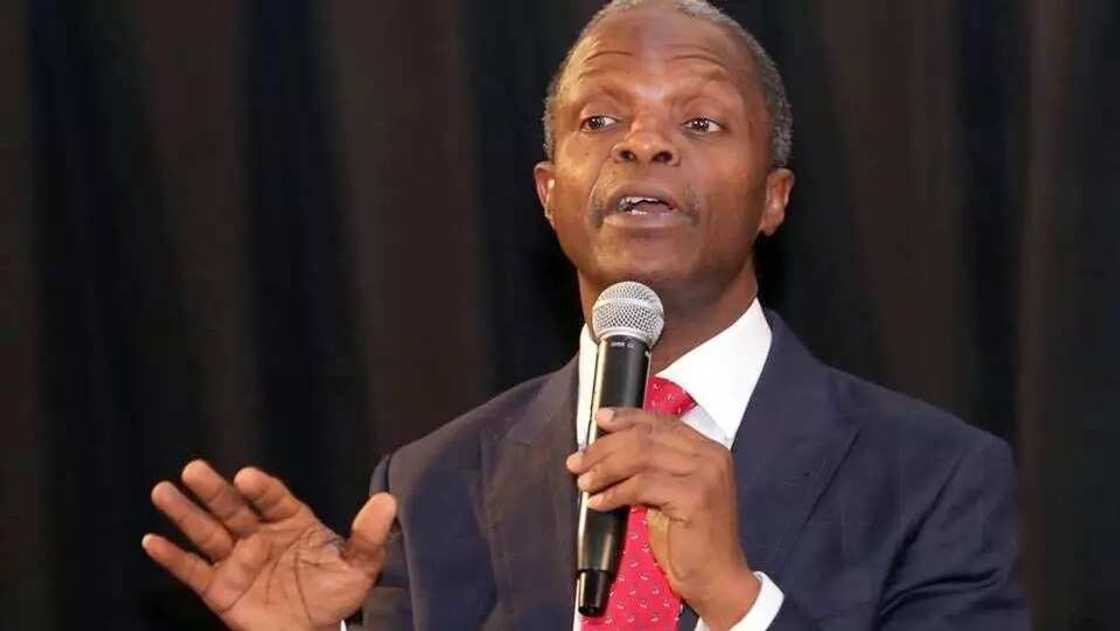Osinbajo appoints 6 board members to council set up by Jonathan (SEE FULL LIST)
The National Economic Council (NEC) is composed of all the 36 state governors, the minister of the Federal Capital Territory and the governor of the Central Bank of Nigeria.

The Council met on Thursday, February 16 for the first time this year in Abuja and it was presided over by Acting President Yemi Osinbajo.
The NEC approved the nomination of six Nigerians for the Nigerian Sovereign Investment Authority (NSIA).
The NSIA is the manager of Nigeria’s Sovereign Wealth Fund. It was established as independent agency by an Act of the National Assembly in May 2011.
The then President of the Federal Republic of Nigeria, Dr. Goodluck Ebele Jonathan on May 26, 2011 assented to the Bill and the subsequent gazette on June 3, 2011.
Also the injection of a fresh $250 million capital into the Sovereign Wealth Fund was approved by NEC.
The Minister of Finance, Kemi Adeosun, while, updating the Council on the board appointments into NSIA, reported that a member each from the six geo-political zone has been nominated.
Below is the list of nominations:
1. North-East – Mrs. Halima Buba
2. North West – Mr. Bello Maccido
3. North Central – Ms. Lois Laraba Machunga-Disu
4. South West – Mr. Babajide Zetilin
5. South East – Mr. Urum Kalu Eze
6. South-South – Mr. Abue Ighodalo
READ ALSO: Open letter to Acting President Yemi Osinbajo; Time to release Nnamdi Kanu
The NSIA was set up to receive, manage and invest in a diversified portfolio of medium and long term, revenue of the federal government, state government, Federal Capital Territory, local government and area councils.
Meaanwhile, Prof Osinbajo seems to be easing in into his job as Acting President, as he recently called for an urgent review of the Forex policy.
Governor Tanko Al Makura of Nasarawa, who briefed journalists at the end of the National Economic Council (NEC) meeting in Abuja said the council, which was presided by acting president Yemi Osinbajo, expressed serious concern over the current situation of the exchange rate, especially the gap between inter-bank and the parallel market rates.
Source: Legit.ng


